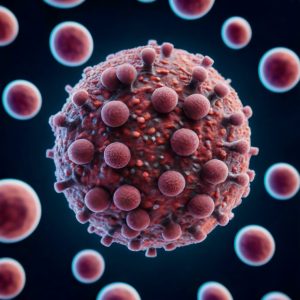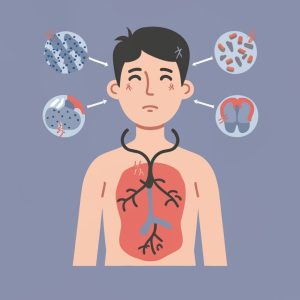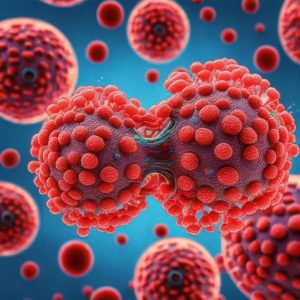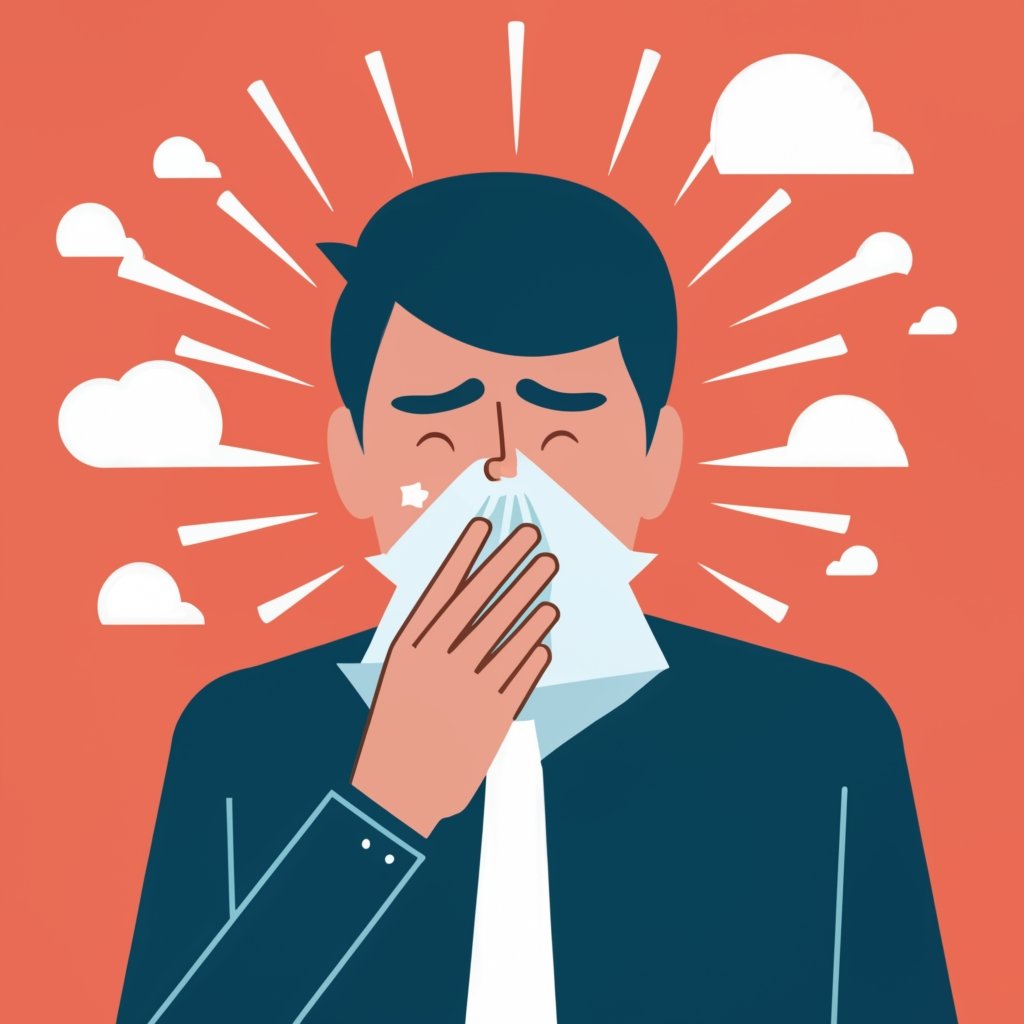Table of Contents
ToggleIntroduction
Can allergies cause swollen lymph nodes? This question often arises when individuals experience the discomfort of swollen glands during allergy seasons.
While their primary function is to filter out harmful substances and battle infections, their swelling is not typically a direct response to allergens.
In this discussion, we will explore how lymph nodes, as crucial components of our immune system, react to various stimuli, including infections and inflammation, and we will unravel the complex relationship between allergies and lymph node swelling.
Our focus will shed light on whether the common symptoms of allergies can indeed lead to the enlargement of these small, bean-shaped structures spread throughout our bodies

What Are Lymph Nodes, And Why Do They Swell Up?
Lymph nodes play a crucial role in our immune system, significantly protecting our bodies from infections and diseases.
These small, bean-shaped structures, scattered throughout the body, form an intricate network that actively filters out harmful substances and cells.
Acting as the diligent security guards of the body, they remain constantly on alert, ready to ward off any potential threats.
But why do lymph nodes swell up?
When an infection or inflammation occurs nearby, the lymph nodes closest to the affected area immediately spring into action.
Serving as a filtering station, immune cells known as lymphocytes actively remove harmful bacteria, viruses, or other foreign particles that may have entered the system.
This process leads to the expansion of these immune glands as they relentlessly combat the invading pathogens.
It’s important to recognize, however, that swollen lymph nodes are not always a cause for concern.
Often, they are simply responding to minor infections like common colds or throat irritations that will naturally resolve.
Nonetheless, persistent or unusually large swellings in the regions where immune cells cluster warrant an examination by a medical professional to rule out serious conditions such as cancer or autoimmune disorders.

Swollen Lymph Nodes Can Be Caused By Allergies, But It’s Not Common
While it’s not entirely impossible for allergies to cause those little pea-sized glands in the neck, armpit, or groin to puff up, it is quite rare.
You see, allergies primarily affect the respiratory system or skin, causing annoying symptoms like sneezing fits or an itchy rash.
Swollen lymph nodes are more commonly associated with infections and other health issues.
To understand why they are not typical symptom of allergies, we need to dive into the intricate workings of our immune system.
When an allergen enters our body—let’s say pollen or pet dander—the immune system goes into overdrive mode to fight off what it perceives as a threat.
Swollen lymph nodes happen when there is an infection or inflammation nearby and our mighty immune cells rush towards that area to protect us.
That being said, there have been rare cases reported where allergies have caused swollen lymph nodes.
For example, some individuals with severe allergic reactions might experience anaphylaxis—an intense and potentially life-threatening response that affects multiple systems in our body simultaneously.
In these cases, the swelling can extend beyond just localized areas and affect deeper tissues.
However, such occurrences are few and far between compared to other causes like infections or certain diseases.

Your Lymph Nodes Could Swell Up Due To A Secondary Infection
Secondary infections often lead to the swelling of lymph nodes, key defenders in our bodies.
When facing persistent colds or flu, the body’s immune response intensifies, causing lymph nodes to inflame as they engage in the battle against the virus.
For instance, during a severe throat or ear infection, one might feel tender lumps near the jawline or neck, signaling a robust immune response.
Bacterial infections elicit similar immune responses. For instance, in situations like strep throat or infected wounds, the body’s immune system reacts vigorously, with key immune sites swelling as they actively fight off the infection.
They increase the production of immune cells and fluids to fight off bacterial invaders, leading to noticeable swelling.
These responses illustrate how secondary infections, rather than allergies, are often responsible for the swelling of lymph nodes during illness.

A Word from HealthyVibe
Allergies rarely cause swollen lymph nodes, though it’s not impossible.
Typically, the body’s immune system responds to infections or inflammation. Allergies primarily affect the respiratory system, causing symptoms like sneezing, itching, and congestion.
It’s crucial to seek medical advice if you have persistent or unusually large swellings in areas like your neck, armpits, or groin that don’t improve over time, especially if they occur alongside other concerning symptoms like fever or weight loss. Healthcare professionals can comprehensively assess your condition and identify the underlying cause of the swelling.
Despite the discomfort allergies can bring, effective management strategies are available.
Can Allergies Directly Cause Swollen Lymph Nodes?
Allergies rarely directly cause swollen lymph nodes. Typically, lymph node swelling results from infections or inflammation.
However, in rare cases, severe allergic reactions might indirectly cause swelling in the body’s immune glands through secondary infections.
What Are the Primary Functions of Lymph Nodes in the Immune System?
They act as filters in the immune system, trapping and destroying harmful substances and pathogens. They play a critical role in the body’s defense mechanism against infections and diseases.
How to Differentiate Between Lymph Node Swelling Due to Allergies and Other Causes?
Lymph node swelling due to allergies is uncommon and usually accompanied by typical allergy symptoms like sneezing or itching. Swelling caused by infections often comes with other symptoms such as fever, localized pain, or soreness in the lymph node area.
When Should Swollen Lymph Nodes Be a Concern?
Swollen lymph nodes should be a concern if they persist for a long time, are unusually large, or are accompanied by other symptoms like fever, weight loss, or persistent pain. In such cases, it’s important to consult a healthcare professional.
What Are Effective Strategies for Managing Allergies to Prevent Complications?
Effective management of allergies involves identifying and avoiding allergens, using medical interventions like antihistamines or immunotherapy, and maintaining a healthy lifestyle with regular exercise and a balanced diet.









